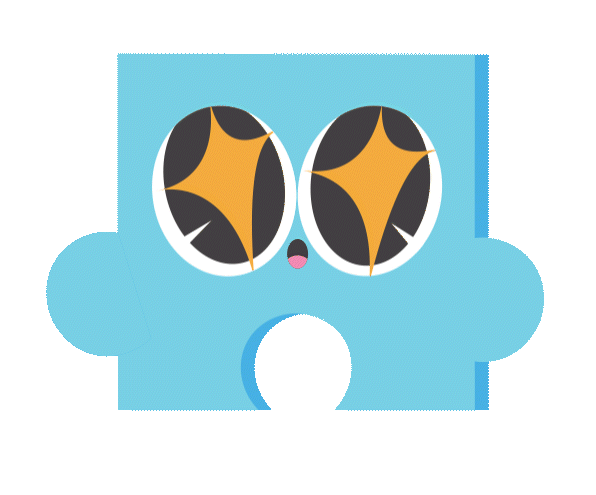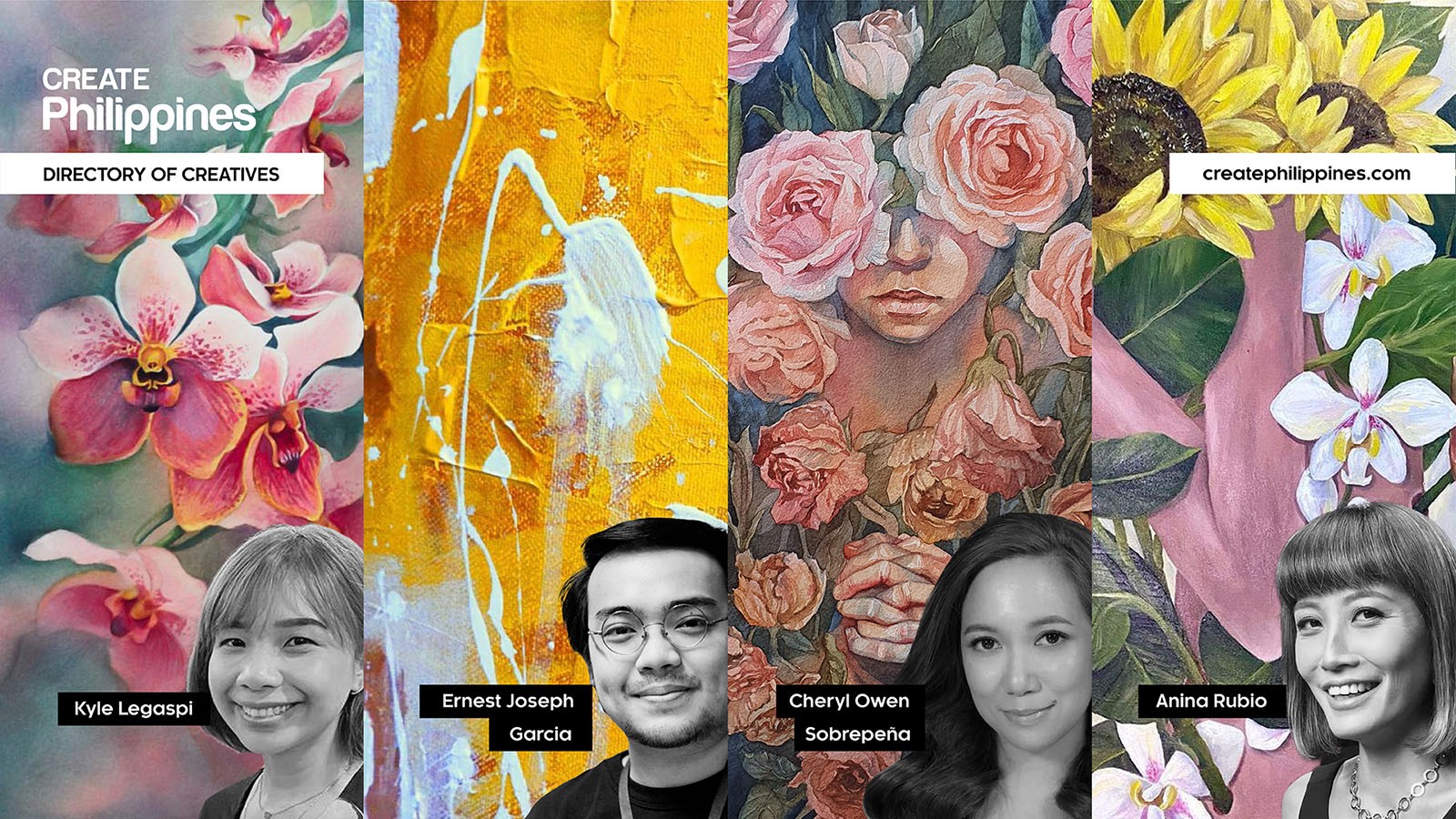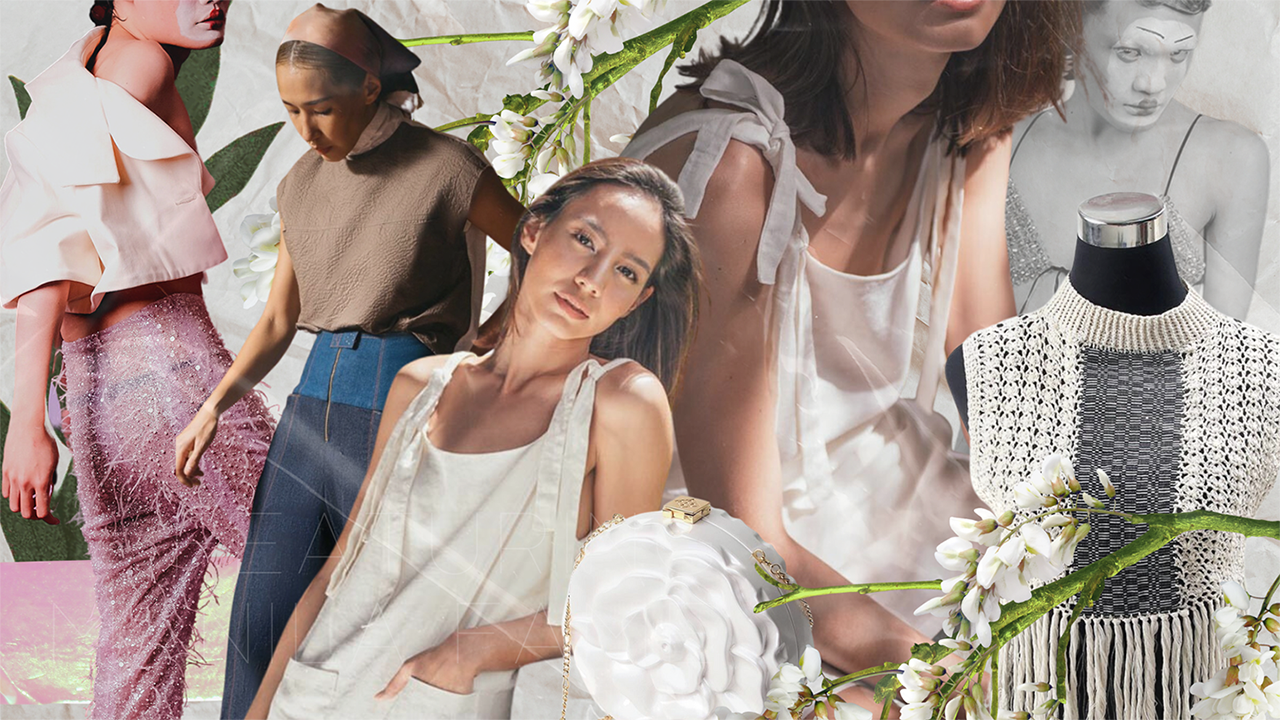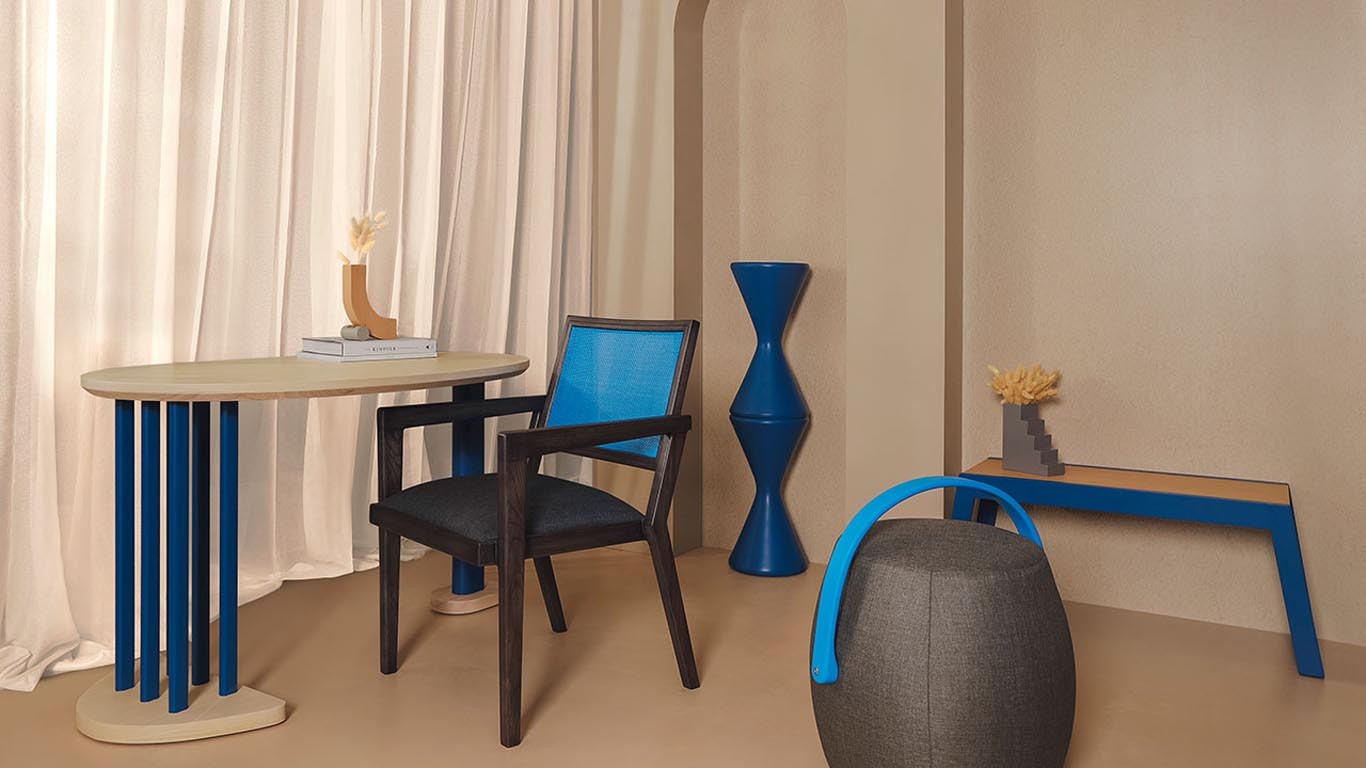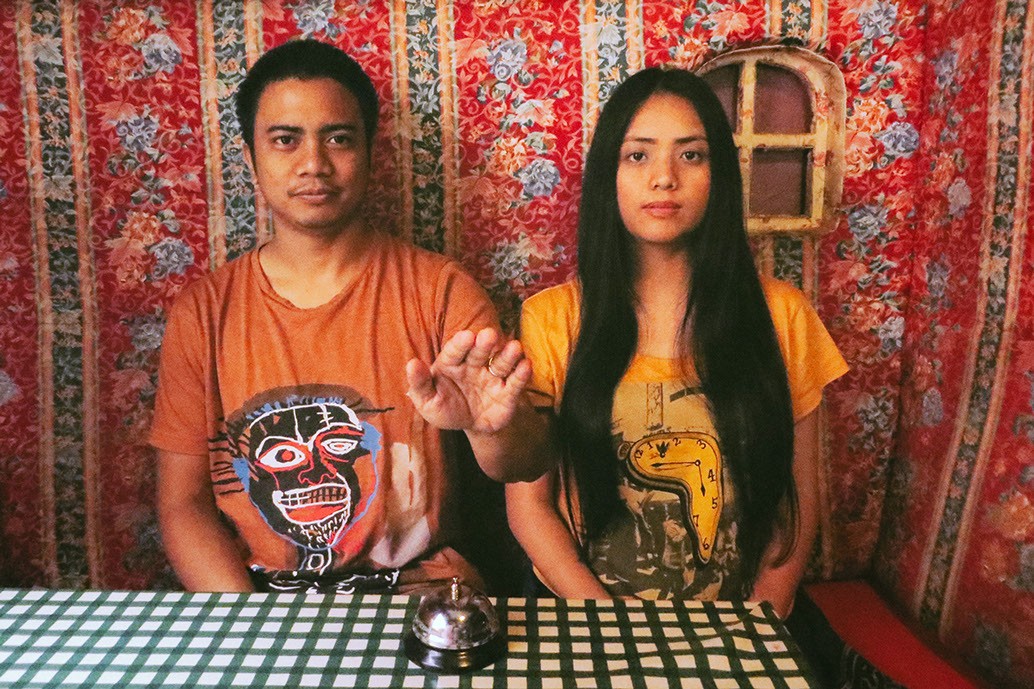
Cebu-based design studio Happy Garaje on creative sustainability
By Alain Zedrick Camiling
August 18, 2021
“We actually started in a small room as part of an actual garage ten years ago,” said co-founder Mark Deutsch on how Happy Garaje, a creative studio based in Cebu, became a reality. They are known for the clever ways they weave narratives through design, mostly revolving around topics of friendship, family, and childhood. Initially devoted to picture books, comics, and an events space for twenty people, their operations recently expanded into a toy workshop area and a library which, Deutsch admitted, there were initially no plans for.
“My mom is an artist and she used to have a toy workshop space,” Deutsch shared, “That’s where I learned a lot of the things I know now as a designer, while Jo expresses herself through painting.” Interestingly, Johanna Velasco, a co-founder, constantly put painting aside during her previous corporate job working on large marketing campaigns. On the other hand, Deutsch experienced the traditional rigor of an art school by attending workshops alongside his computer science degree. Both born and raised in Cebu, Deutsche and Velasco were involved in filing the documentation for recognising Cebu as a “creative city” by the United Nations Educational, Scientific, and Cultural Organization (UNESCO) in 2019.
“People [don’t] actually know what your work is really about. We create for specific reasons and, sometimes, people never understand that,” Deutsch remarked. “Narratives are like boundaries where we get ideas.”
On sustainable futures
The ongoing pandemic certainly changed the focus of Happy Garaje’s operations. During its onset in March 2020, many of their clients cancelled projects, putting their business at a crossroads. The only way for Happy Garaje to sustain itself, Desutch believed, was to remain small yet somewhat scalable.
“We pushed ourselves because we had very few clients. We had to learn a few things to continue sustaining ourselves,” Deutsch said. For example, his team, mostly graphic designers, all taught themselves to use 3D design software. One senior designer has worked with Happy Garaje for five years, while Deutsche and Velasco work closely with four other creatives. He emphasized the importance of transparency and trust among his team where everyone knows how much each person earns.
“No one taught us how to handle the pandemic. It’s also my responsibility to take care of my team.”
Paying it forward
In January 2019, Dan Matutina and Dang Sering, fellow designers and illustrators, invited Deutsch and Velasco to participate in Door to Asia — a design-led residency program established in 2011, aimed at solving communication problems initially for a small town in Japan, of which Matutina and Sering were participants. Having worked with local communities before, most notably on a project in Bataan involving Japanese designer Motoki Koitabashi, the residency was consistent with Happy Garaje’s mission and vision. This project ran for nine days where designers worked closely with the local government unit to help boost local tourism.
“As a graphic designer, working with big brands was a common barometer of success. I feel the opposite is also commendable, because I met artists in that residency who used graphic design to improve communities,” Deutsch pondered. He keeps in touch with his residency fellows, finding inspiration in their practices. Moving forward, Happy Garaje hopes to develop new ways of combining creative expertise, perhaps ideas, and business acumen to achieve sustainability, especially as the pandemic poses new challenges in this field.
The practice of combining expertise is rooted in a desire for a sustainable creative economy wherein ideas are maximized for job creation and community building, rather than simply an income generating stream. In fact, the expansion of the creative industries in the Philippines has led to a number of initiatives which aim to foster more sustainable creative practices – whether that’s enforcing better intellectual property protection or organising congressional hearings for legislation. In the case of Happy Garaje, participating in dialogues and forging partnerships with like-minded groups not only developed their value as a design studio, but addressed important social issues affecting their community.
Desutch believes that, for budding designers, overcoming these problems starts with an important piece of advice: Nurture relationships and be kind.
